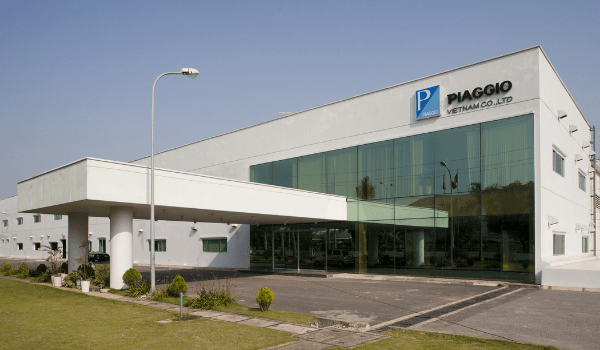Piaggio Vehicles (PVPL), a 100 per cent subsidiary of the Italian Piaggio Group, the two-wheeler manufacturer, has introduced an all-women workforce on its assembly line that manufactures its Apé Electrik range of products.
The Company has created employment opportunities for the women of Baramati, near Pune, Maharashtra, who now handle quality control, assembly, fitting, electrical and overall material management. By doing so, Piaggo has broken the notion that the manufacturing shop floor is meant only for men. The all-women workforce assembles all its electric models — Apé E-City and Apé E-Xtra, which come in both fixed and swappable battery solutions.
These women have been recruited from various technical institutes in and around Baramati. They were given training on the safety procedures, usage of tools, electric vehicles and the latest technology related to BMS, motor, E-box before being allowed to go live on the assembly line.
In order to make the workplace women friendly, Piaggio has redesigned it taking into consideration the ergonomic requirements. Piaggio is all set to prove that it believes in hiring on the basis of skills and not gender.
Diego Graffi, chairman and managing director, Piaggio, says, “In line with our group philosophy, we have created the EV assembly line that is fully operated by a female workforce”. He goes on to say that “this is only the starting point and there is a long way to go”.
According to him, they will “have inclusion of more women at the assembly line, plant premises, and offices” to empower women and ensure equality in the workforce in the auto sector,”which was long due.”
Pooja Bansal, head – HR, Piaggio Vehicles believes that “Diversity at the workplace is very important as it fosters innovation and growth. The strategy at Piaggio is to provide all women employees economic independence, parity of opportunities which includes career development, and most important- escalating them to managerial and leadership positions. We intended not only to have women employees and train them only for manufacturing and the shop floor but hire and train women employees across the business value chain.”
Piaggio’s Baramati plant boasts of an annual production capacity of over 3,80,000 commercial vehicles and 1,50,000 two-wheelers.
Value our content... contribute towards our growth. Even a small contribution a month would be of great help for us.
Since eight years, we have been serving the industry through daily news and stories. Our content is free for all and we plan to keep it that way.
Support HRKatha. Pay Here (All it takes is a minute)




































